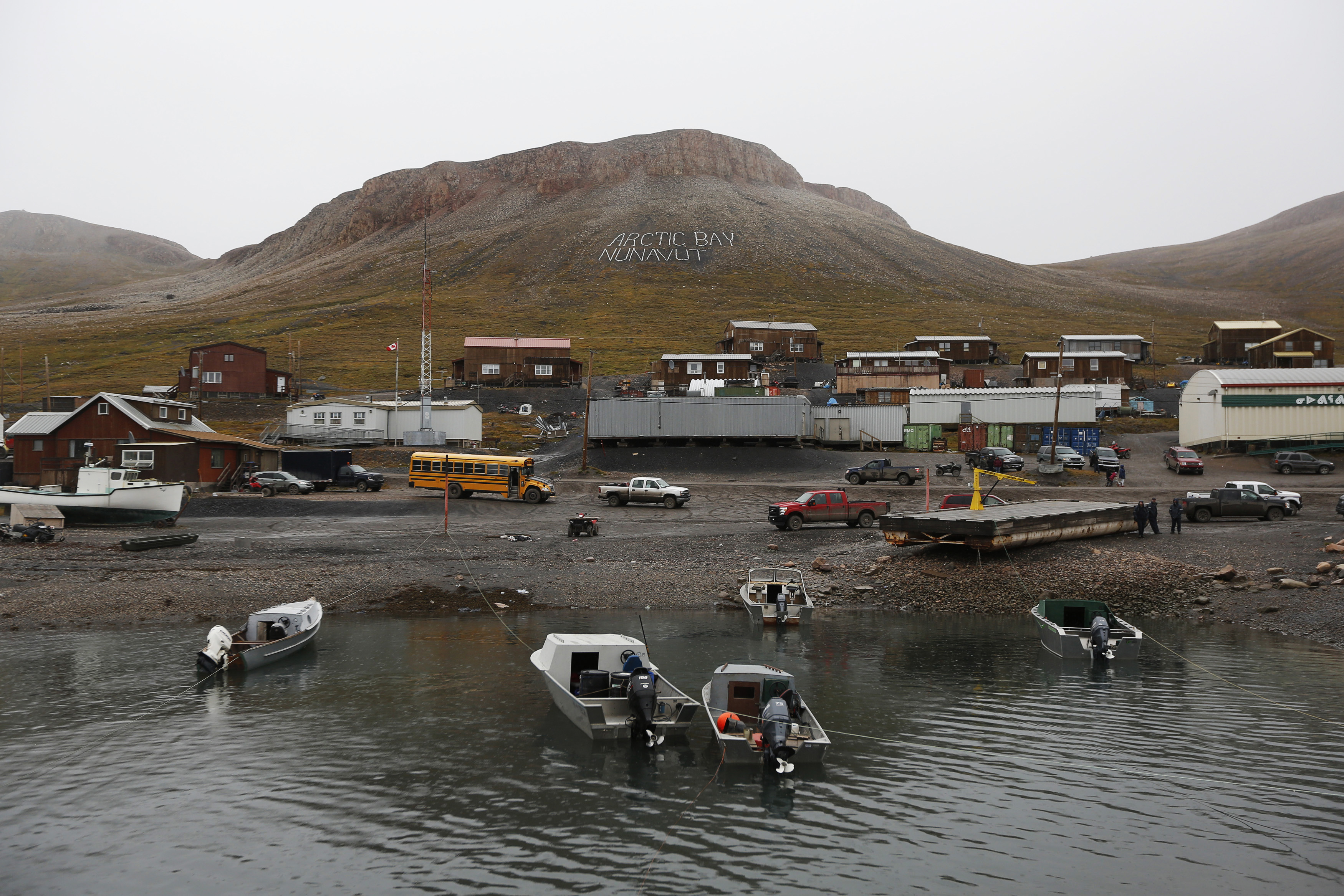Canada commits $20 million to reduce rural diesel dependency
Up to 15 rural and Indigenous communities could receive up to $1.3 million to develop localized solutions.

Canada’s federal government has committed $20 million to help up to 15 communities in rural and Indigenous areas of Canada to reduce their dependence on diesel energy.
Participants for the Off-Diesel Initiative for Remote Indigenous Communities program will be selected from among applicants for the initiative by an all-Indigenous jury. Chosen communities will be eligible to receive up to $1.3 million to develop localized plans for moving away from diesel dependency. Following this period, some communities can receive a further two years of funding to continue moving their clean energy project forward.
“Through this program, we want to build a capacity of the communities to find local solutions that work for them instead of solutions that might be imposed by external organizations,” Canada’s Minister of Natural Resources, Amarjeet Sohi told CBC News when the program was announced last month.
Canada has 239 remote communities that are not connected to the electric power grid and rely on diesel fuel for electricity and heat. Of these communities, nearly two thirds are primarily Indigenous. Getting diesel to these communities is both cost and labor intensive — resulting in costs that can skyrocket to more than ten times the national average in certain parts of Canada, even while government subsidized. For community members who are already facing an incredibly high cost of living, these prices can quickly eat up their income.
The challenge of diesel reliance isn’t simply the cost; it’s the need to import fuel from afar, creating elevated potential for energy insecurity. Since many Arctic communities are not connected by road to the rest of Canada, inconsistent ice, melting permafrost, and extreme weather can interrupt critical deliveries. Further, many communities operate their own diesel-fired power plants, creating occasions for mechanical malfunctions that result in electricity gaps, even if the fuel does arrive on time.
Moving away from diesel power offers the opportunity for lowered energy costs and greater energy security, while also creating space for sustainable solutions like solar, wind, or tidal power.
“This initiative will reduce the environmental, social and economic impacts of diesel reliance, provide economic opportunities, and enable Indigenous communities to harness cleaner energy,” said Dominic LeBlanc, Minister of Intergovernmental and Northern Affairs and Internal Trade.